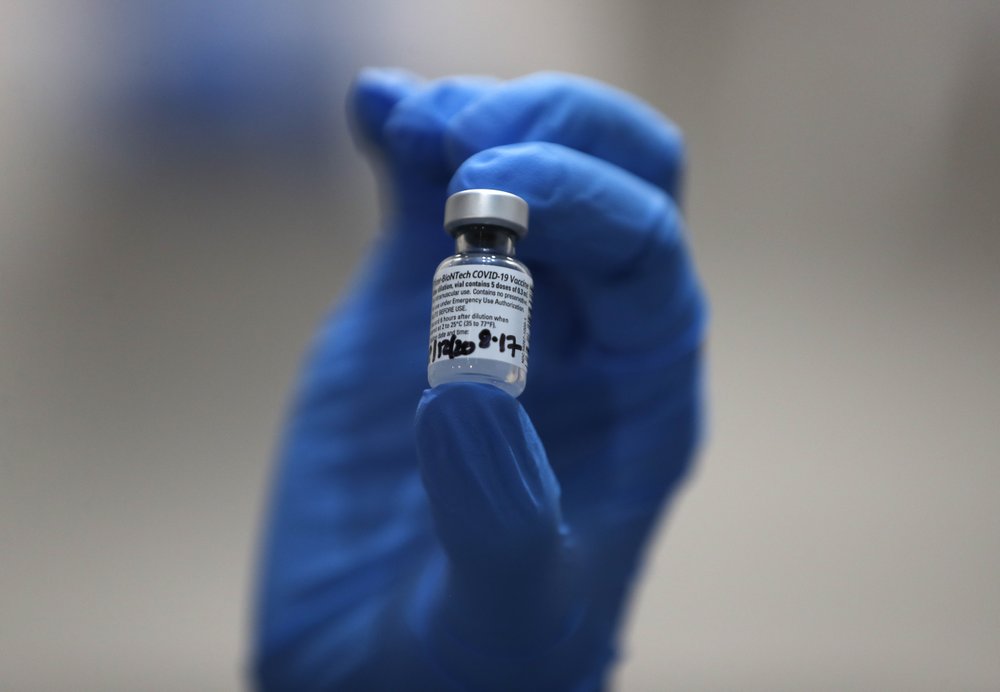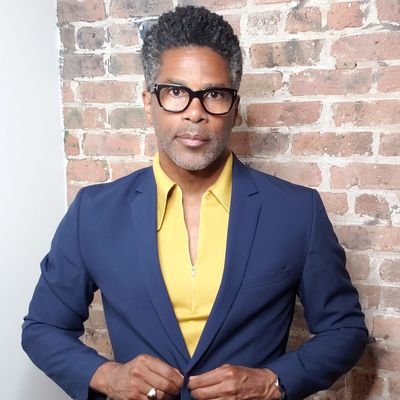Top 10 things Black Americans need to know about the vaccine
Black people have historically been skeptical of the medical profession. Nowhere is this more evident than with the COVID-19 vaccine.
Black America has historically been skeptical of the medical profession. Nowhere is this more evident than when it comes to new therapeutics or experimental treatments.
This distrust was built upon a legacy of racist practices, including the Tuskegee study, but has been reinforced by the well documented present-day unequal treatment of Blacks when it comes to healthcare. The lopsided hospitalization and death rates from COVID-19 offer proof that inequities in healthcare still exist.
Read More: Chicago mayor says there’s ‘reluctance’ about vaccine in Black community

Vaccines in the U.S. are generally very safe and are closely monitored for years after they have been licensed. Nonetheless, Black Americans are not eager to rush to the front of the line for the new COVID-19 vaccine. According to a national poll, only 25% of Blacks plan to get vaccinated compared to 37% of Latinos and 56% of whites.
The highly politicized nature of the accelerated vaccine development program called Operation Warp Speed has caused some to worry about safety and cutting corners. Still, Blacks could benefit from arguably the most important scientific discovery in decades, a highly effective COVID-19 vaccine.
To help demystify concerns and enable better-informed decision-making, here are the top 10 things Black Americans need to know about the vaccine.
10. It is real
The vaccines on the horizon are no hoax. Scientists began working collaboratively (if not competitively) right from the beginning of the pandemic. Today, there are dozens of vaccine candidates in the pipeline. Three promising vaccines may be approved for distribution on an emergency basis within weeks.
9. It is not a cure
Vaccines are given to prevent infections, not treat or cure them. Weeks after taking the vaccine, your body’s immune system ramps up to provide protection from getting the virus altogether, preventing severe disease, or shorten the illness.
8. You need two doses

Unlike the seasonal flu shot, this vaccine will require two doses separated by 3-4 weeks. You must complete the schedule of both shots to get the full benefit. Unfortunately, multi-dose vaccines are seldom completed. Chances are many will get their first shot and not return.
7. Protection will be less than promised
The vaccine effectiveness rates of 95% are misleading. Studies have special conditions, including the use of healthier volunteers with few pre-existing conditions, and strict vaccination protocols. Vaccine effectiveness can be much lower in the real-world population with sicker, older, more diverse people with more pre-existing conditions.
6. Immunity disappears
Whether acquired through infection or the vaccine, immunity wanes. It is not clear how long COVID immunity will last. Suffice it to say, those receiving the vaccine will not have lifelong protection. It is highly likely that vaccination will be recommended annually.
5. Safe, so far

Despite the speedy development, pharmaceutical companies have a few months of safety information. These data are reviewed before the FDA will authorize the vaccine for emergency use. However, like most new medicines, confidence will increase with time and use.
4. It does not cause COVID
The vaccine does not cause COVID, nor will it increase your risk of getting the virus. Sometimes flu-like symptoms (e.g., mild headache, fever) can occur for a short while after the shot, but the vaccine contains only a small amount of killed or weakened virus. New generation vaccines contain no virus at all, only the genetic roadmap.
3. You are not being targeted
Priority groups are still being finalized, but unless you are a frontline health worker or first responder, you will not be able to receive the vaccine in the first wave. Although Blacks have higher risk related to the nature of their jobs, chronic health conditions, and access to healthcare, authorities are not targeting them. So, for those on the fence about the safety of the vaccine, there is time to wait and see.
2. There are lots of things we do not know
This virus is new. The vaccines and medicines to combat it are newer. As prolonged as this year has seemed, scientists and public health experts are still in discovery mode. As they learn more about the virus, guidance may change, and more vaccines and medicines may become available.
1. Low-tech precautions remain vital
Despite the promise of a new vaccine, the tried and true precautions must be maintained. Masking up, social distancing, hand hygiene, and stay-at-home orders when needed will continue to be mainstay for thwarting COVID for the foreseeable future.

LaMar Hasbrouck, MD, MPH, MBA, is a physician, CDC-trained medical epidemiologist, former Illinois State Health Director and executive director for the National Association of County and City Health Officials.
